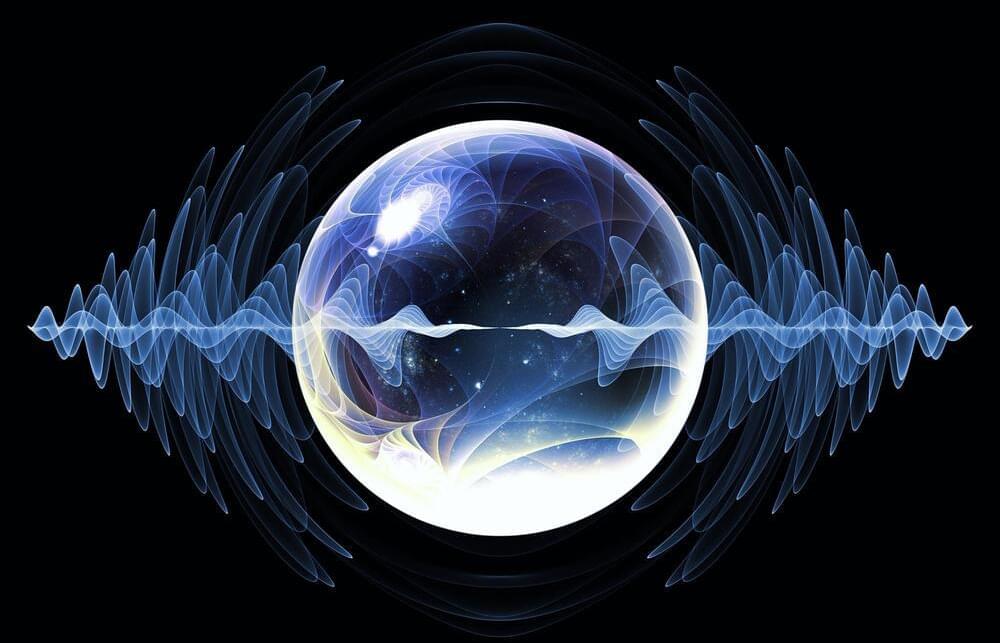Complementarity relation of wave-particle duality is analyzed quantitatively with entangled photons as path detectors.
The twenty-first century has undoubtedly been the era of quantum science. Quantum mechanics was born in the early twentieth century and has been used to develop unprecedented technologies which include quantum information, quantum communication, quantum metrology, quantum imaging, and quantum sensing. However, in quantum science, there are still unresolved and even inapprehensible issues like wave-particle duality and complementarity, superposition of wave functions, wave function collapse after quantum measurement, wave function entanglement of the composite wave function, etc.
To test the fundamental principle of wave-particle duality and complementarity quantitatively, a quantum composite system that can be controlled by experimental parameters is needed. So far, there have been several theoretical proposals after Neils Bohr introduced the concept of “complementarity” in 1,928 but only a few ideas have been tested experimentally, with them detecting interference patterns with low visibility. Thus, the concept of complementarity and wave-particle duality still remains elusive and has not been fully confirmed experimentally yet.
